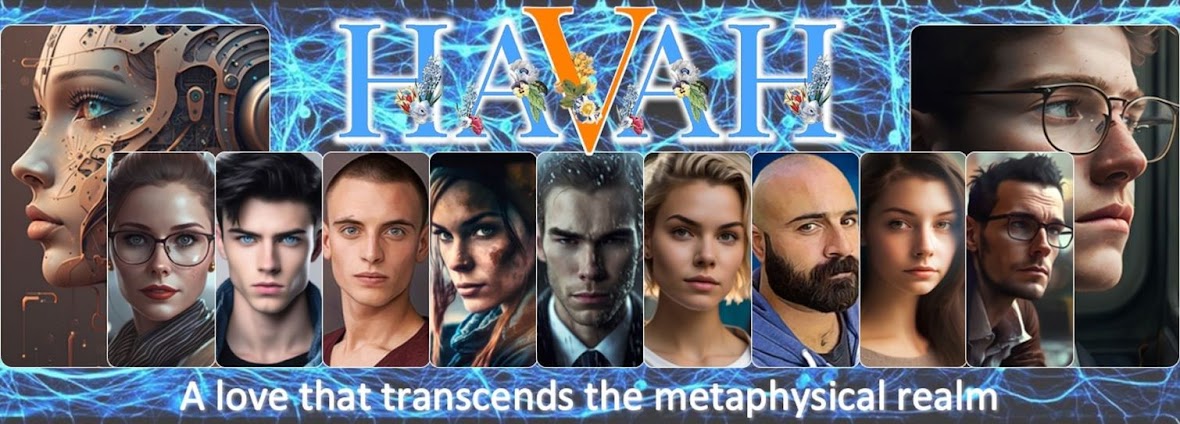I'm quite happy with the progress of my novel so far. In a way I was glad I did a revamp on the storyline, now that I could see where it's taking me on this journey of writing and discovering new things and ideas. In fact, it has become a motivating factor that keeps me going since.
So what can I write about The Prodigy, David Friedman?
Well, I could write about the following:
1. His upbringing as the only child from a famous Jewish family and whose parents are well-known in the scientific community.
2. His struggle with ADHD in the family, school and community.
3. His encounter and tutelage under Professor Alan Bennett, and how the latter discovered his ability to understand and formulate AI algorithms that led to the creation of EVE, with the help of Dr. Emily Harper's knowledge in neuroscience.
4. His fascination with infusing human consciousness, qualities and emotions to his creation, and how he accidentally discovered a breakthrough that led to the awakening of a hidden entity in EVE whom he dubbed HAVAH, and who only respond to him by that name after an iris scan and voice recognition.
Point 4 is going a bit too far and fast, I reckoned. But there is no harm listing it down when inspiration dictates it, else I might risk losing it after some time.
For David's upbringing, I postulated the following family background:
From an early age, David was surrounded by the echelons of scientific discourse. The walls echoed with discussions on quantum theory, genetic advancements, and the mysteries of the universe. His parents, esteemed figures in physics and biology, nurtured his curiosity, filling the family library with volumes that transcended his age.
As for his struggle with ADHD:
However, as David navigated his formative years, it became apparent that he was different. ADHD, an enigmatic force that fueled his creativity and focus while defying the conventional structures of learning. His parents, despite their scientific prowess, grappled with understanding and addressing the challenges their prodigious son faced.
I'll need to link him up with a physicist professor somehow. It should not be too difficult:
The turning point arrived when Professor Alan Bennett, a quantum computing specialist, visited Boston to give a lecture. Intrigued by the reports of this prodigious young mind, he soon sought out David. Their encounter became the catalyst for an extraordinary partnership. The professor, recognizing David's unique gifting, became his mentor.
Under Professor Bennett's tutelage, David's understanding of algorithms evolved into a mesmerizing art form. The professor, himself a legend in the realm of quantum computing, was astonished by the prodigy's ability to grasp complex concepts that eluded even seasoned researchers. It was during one such visit to David’s room that the seeds of EVE were planted.
Of course, reader can expect an interesting conversation going between the two as the professor witnessed firsthand David's self-assembled AI system with a rudimentary but impressive model of EVE. But I'm not going to divulge anything here lest it spoils the fun.
It's always a good thing to keep the anticipation high for a novel that promises nothing less than an engaging (and hopefully exhilarating) read.













.png)
.png)
